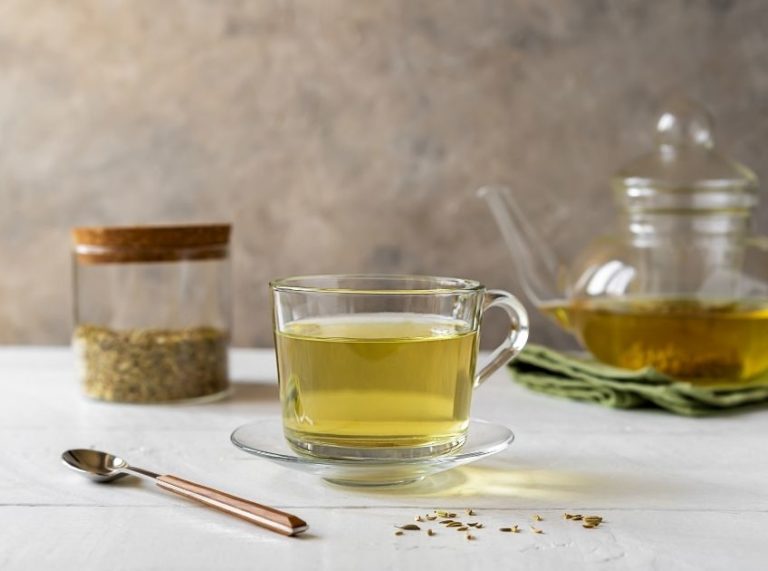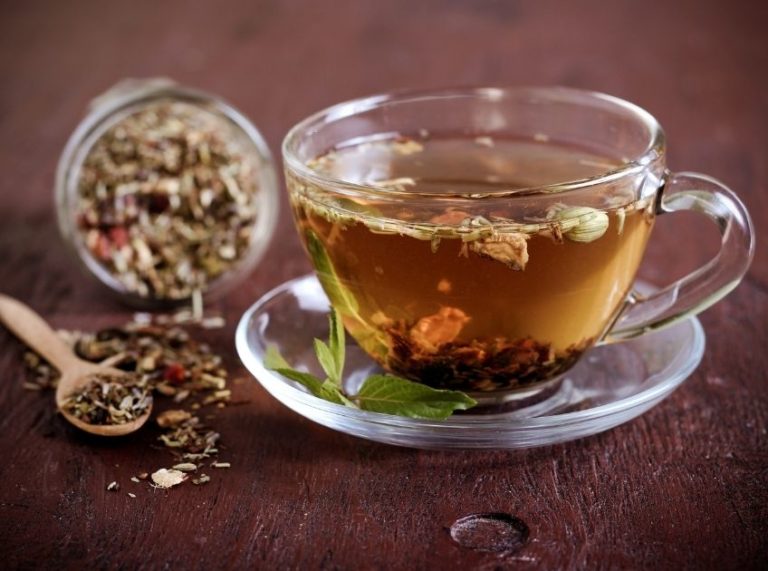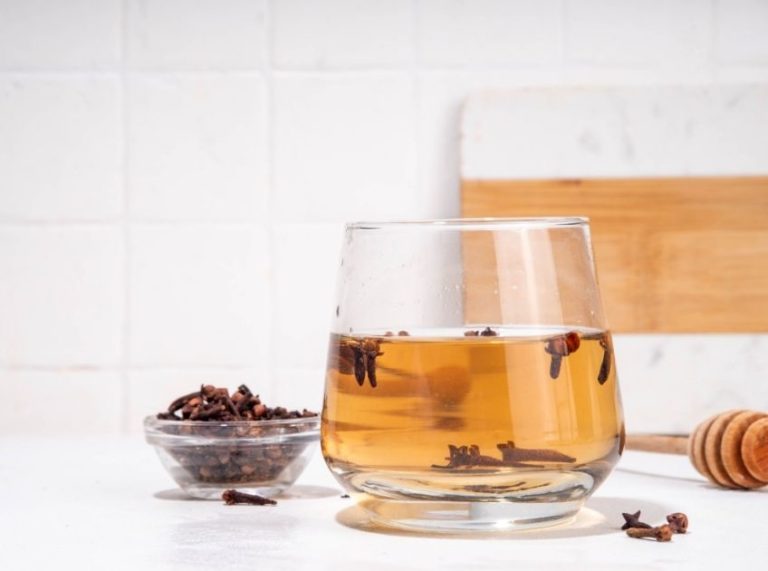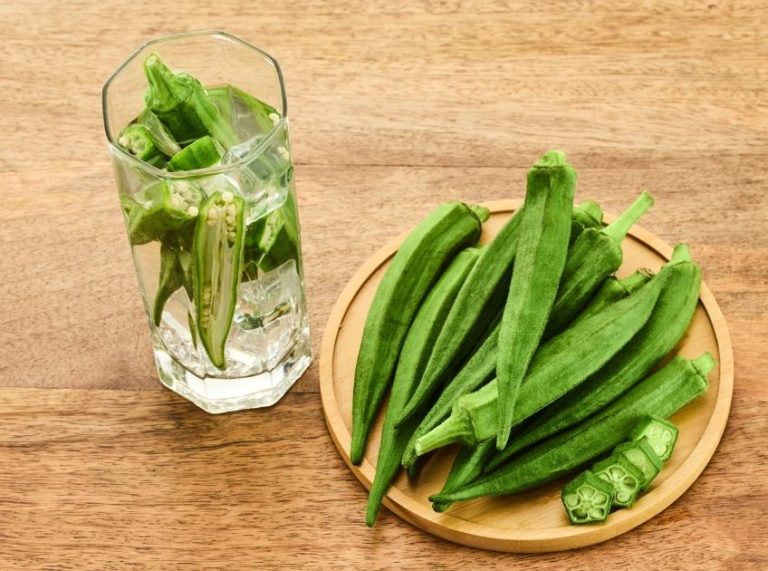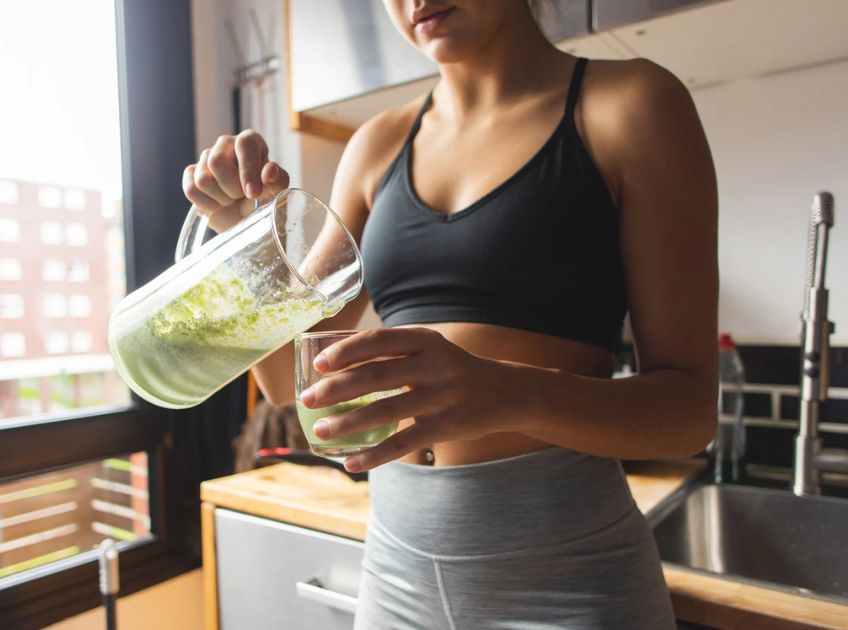
Important: This article is for informational purposes only. Please read our full disclaimer for more details.
Your kidneys are remarkable organs that work tirelessly to filter waste, balance fluids, regulate blood pressure, and keep your body in harmony. While your kidneys naturally cleanse themselves, certain lifestyle choices, hydration, and foods can support their function and reduce strain. A natural kidney cleanse isn’t about harsh “detox” fads—it’s about giving your body what it needs to function at its best.
Drink Your Way to Kidney Health: The Role of Hydration
Water is the most powerful kidney cleanser. Proper hydration helps flush out sodium, toxins, and small kidney stones before they become problematic.
- How much water? Aim for 2–3 liters daily (unless otherwise advised by a doctor).
- Signs of dehydration: dark urine, fatigue, and headaches.
- Pro tip: Add lemon slices—citrate in lemons may help prevent kidney stone formation.
Eat Smart: Foods That Support Kidney Cleansing
Your diet plays a major role in supporting kidney health. While your kidneys naturally filter toxins, certain foods provide hydration, antioxidants, and minerals that make their job easier. Below are some of the best options for a gentle, natural kidney cleanse:
1. Cranberries – UTI Shield
Cranberries are famous for supporting urinary tract health. They contain proanthocyanidins, compounds that prevent bacteria like E. coli from sticking to the bladder and kidneys.
- How to Eat: Drink unsweetened cranberry juice, add fresh cranberries to oatmeal, or take standardized cranberry supplements.
- Scientific Insight: A 2012 study in Archives of Internal Medicine found that cranberry products reduce UTI recurrence in women (1).
- Kidney Benefit: Prevents infections that can stress the kidneys.
2. Beets – Natural Detoxifier
Beets are rich in betalains and nitrates, which support blood flow and kidney detox pathways. They also contain potassium, which can help balance fluids—though people with kidney disease should limit potassium.
- How to Eat: Add raw grated beet to salads, roast it, or blend it into smoothies.
- Scientific Insight: A 2015 review in Nutrients showed beet juice supports vascular health, indirectly benefiting kidney function (2).
- Kidney Benefit: Improves circulation, supports waste elimination, and reduces oxidative stress.
3. Leafy Greens – Mineral-Rich Protectors
Spinach, kale, and collard greens are excellent sources of magnesium, a mineral that helps prevent calcium from binding with oxalates (a cause of kidney stones). They’re also full of antioxidants like lutein and beta-carotene.
- How to Eat: Toss into smoothies, sauté with garlic, or add to soups.
- Scientific Insight: Research in Clinical Nutrition highlights magnesium’s protective effect against stone formation (3).
- Kidney Benefit: Reduces stone risk and strengthens the body’s natural defense system.
4. Apples – Gentle Fiber Detox
An apple a day really can keep the doctor away! Apples are rich in pectin (a soluble fiber) that helps remove toxins and lower cholesterol, reducing kidney burden.
- How to Eat: Snack on fresh apples, blend into smoothies, or bake with cinnamon for a healthy dessert.
- Scientific Insight: Studies link apple polyphenols to improved cardiovascular and kidney health due to reduced oxidative stress (4).
- Kidney Benefit: Supports toxin removal and protects against inflammation.
5. Watermelon – Nature’s Hydration Hero
Watermelon is about 92% water, making it one of the best natural hydrators. It also contains lycopene, a strong antioxidant, and small amounts of citrate, which may help prevent stone formation.
- How to Eat: Enjoy fresh slices, blend into juice, or freeze for a hydrating snack.
- Scientific Insight: Research shows lycopene lowers oxidative stress, which is linked to kidney dysfunction (5).
- Kidney Benefit: Promotes hydration and reduces stone risk.
6. Cucumbers – Cooling Cleanser
Cucumbers are mild, hydrating, and naturally diuretic. They help flush out toxins, excess salts, and uric acid from the kidneys.
- How to Eat: Add to salads, infuse water with cucumber slices, or blend into green juices.
- Scientific Insight: Cucumber’s high water and antioxidant content support urinary health (6).
- Kidney Benefit: Helps reduce kidney stone formation and supports healthy urine flow.
Pro Tip: Balance is key. If you have chronic kidney disease (CKD) or are on a restricted diet, consult your doctor before adding potassium-rich foods like beets, spinach, and watermelon.
Sip on Herbal Teas for Kidney Support
Herbal teas have been traditionally used to aid urinary health and gentle cleansing. Some evidence supports their effectiveness:
- Dandelion root tea: Mild diuretic, encourages urine flow.
- Nettle leaf tea: Anti-inflammatory and mineral-rich.
- Parsley tea: Traditionally used for kidney support and hydration.
Always check with your doctor before prolonged use, especially if you have kidney conditions.
Natural Supplements for Kidney Function
Certain supplements may offer added kidney support, but they should be used cautiously:
- Magnesium: Helps reduce kidney stone risk.
- Vitamin B6: Plays a role in reducing oxalate buildup (linked to stones).
- Probiotics: May support the gut-kidney axis and reduce toxin load.
Avoid high doses without medical advice—especially if you already have reduced kidney function.
Sample 1-Day Natural Kidney Cleanse Plan
Here’s a gentle, food-based cleanse you can try at home:
- Morning: Warm lemon water + a bowl of oatmeal with chia seeds.
- Mid-morning: Green smoothie with kale, cucumber, and apple.
- Lunch: Quinoa salad with spinach, beets, and olive oil.
- Afternoon: Cup of nettle tea + handful of watermelon.
- Dinner: Steamed salmon with broccoli and parsley garnish.
- Hydration: 2–3 liters of water spread throughout the day.
This isn’t a “detox diet” but a balanced day of hydration and kidney-friendly foods.
What Science Says About Kidney Cleansing
- A 2013 review in Evidence-Based Complementary and Alternative Medicine highlights that herbs like nettle and dandelion may support urinary tract function (7).
- Research shows citrate-rich foods (like lemon water) help prevent kidney stone recurrence (8).
- Cranberries have been shown to reduce UTI-causing bacteria, indirectly supporting kidney health (9).
While supportive, these methods don’t replace medical treatment—they complement kidney health.
Frequently Asked Questions (FAQ’S)
1. Can a kidney cleanse remove existing kidney stones?
A. No, but hydration, citrate-rich foods, and medical treatment can help manage or prevent them.
2. How often should I do a kidney cleanse?
A. You don’t need a strict “cleanse.” Instead, follow kidney-friendly habits daily for long-term benefits.
3. Who should avoid herbal teas and supplements for kidney cleansing?
A. People with chronic kidney disease (CKD), those on dialysis, or individuals taking diuretics/blood pressure meds should consult a doctor first.
Your kidneys are natural detox powerhouses, and they don’t need extreme cleanses. Instead, focus on hydration, nutrient-rich foods, herbal teas, and mindful supplementation. A natural kidney cleanse at home is about lifestyle support, not quick fixes. For anyone with kidney disease, always seek medical advice before making changes.
